
- Article
- Article
Sick of the theatre
What makes the stage a good place to share real-life experiences of ill health?

- Article
- Article
How nature is defending itself in court
The idea that nature has legal rights is increasingly being taken seriously, but who gets to speak for it? Isabella Kaminski asks how the non-human can be represented within a human-made system.

- Article
- Article
The pill, autism and me
Realising that her contraceptive was having a negative effect on her mental health, Catriona Reid saw her concerns dismissed by doctors. As an autistic woman on the pill, she was not an anomaly, but has often been made to feel like one.

- Article
- Article
The blood notebooks
Novelist Rupert Thomson explores his unusual behaviour during a time of self-imposed isolation.

- Article
- Article
Acting, disableism and inclusive theatre
Deaf theatre director Jenny Sealey discusses inclusivity, community and the resilience of disabled actors.
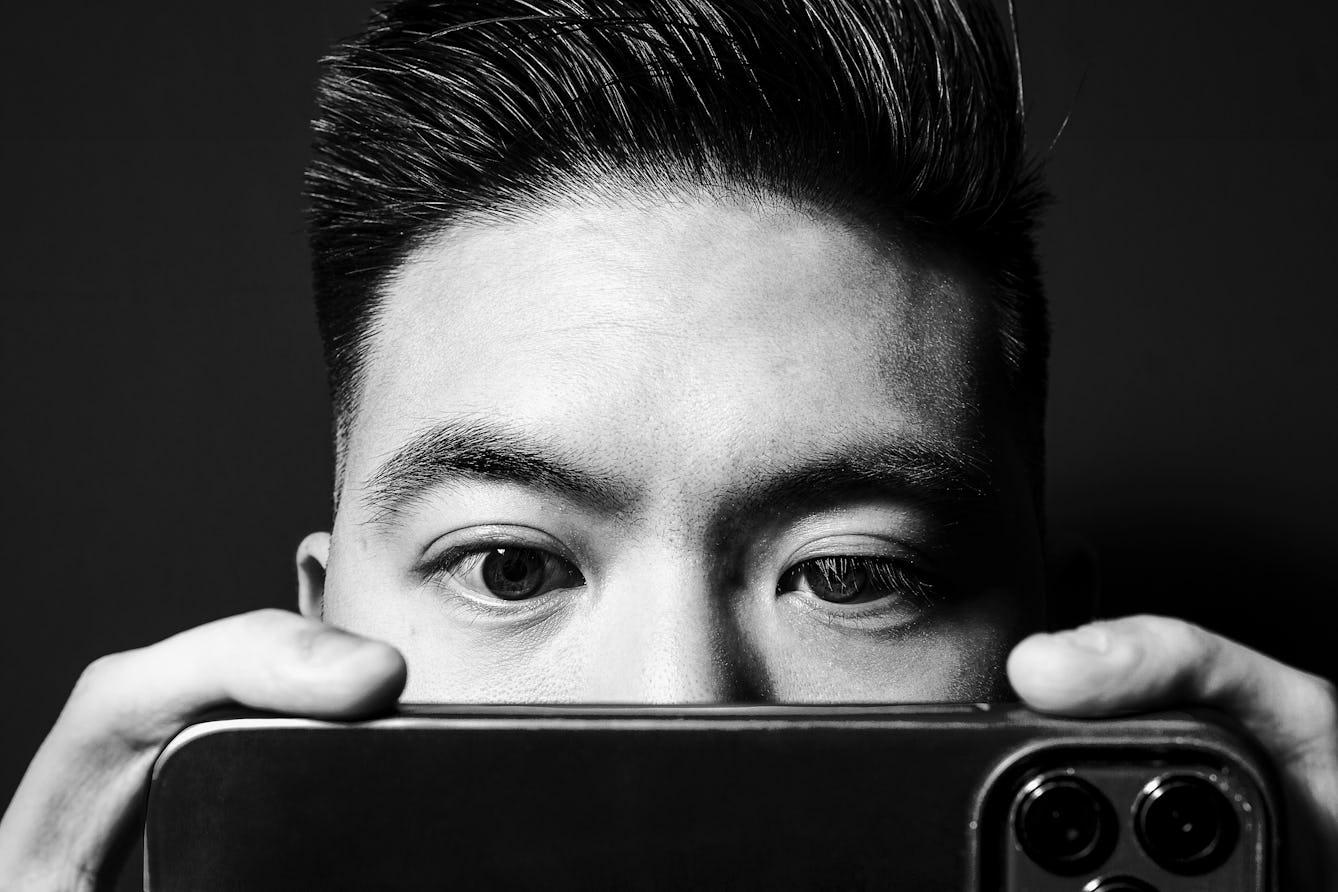
- Article
- Article
The joys and failures of audio description
Audio description enhances the experience of watching a film or TV show for people with a visual impairment, but it's not widely available in the UK. Alex Lee explains why.

- Article
- Article
Notes on need
Writing about bodies, and hearing the stories of others’ bodies, Johanna Hedva also heard, over and over, how people blame themselves – and are encouraged to do this – for illness and disability.

- Article
- Article
Collecting pandemic stories
Find out how personal notebook jottings from two flatmates became ‘Journals of a Pandemic’, a comprehensive diary-keeping project encompassing dozens of writers from a wide variety of backgrounds.
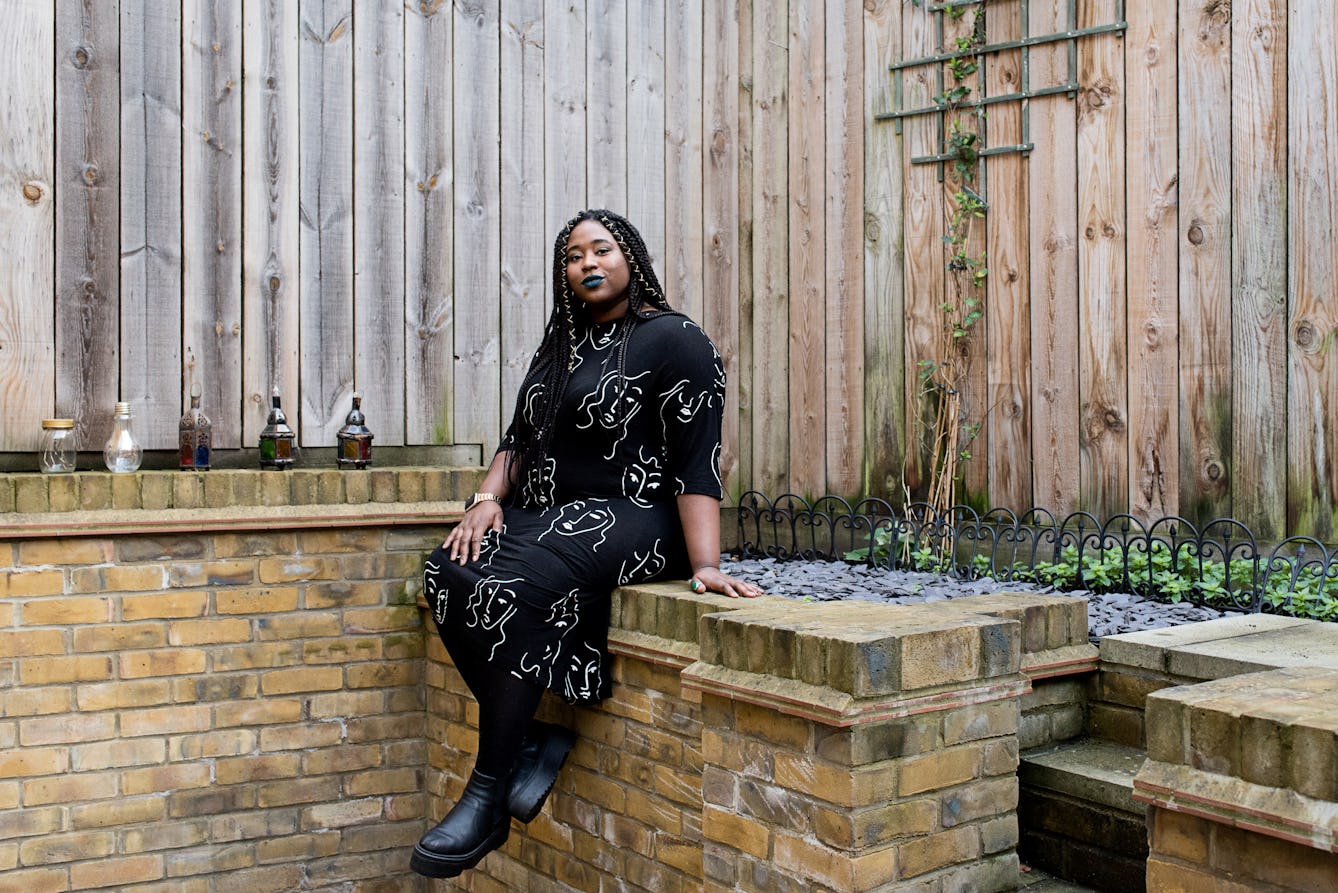
- Article
- Article
How the mental health system fails Black people
Accessing mental healthcare as a Black woman can be a challenging experience. Rianna Walcott shares her story, alongside those of three other women, to reveal the barriers she faced.

- Article
- Article
When wounds replace words
For the many thousands of refugees waiting in Greece, the process to establish the truth of their tragic personal histories is often extremely upsetting. But a group of medics and legal workers is working together to make the system more humane.

- Photo story
- Photo story
Transitioning and the family album
“It’s really hard to describe to people how you know you’re a man when those ways of describing masculinity to me aren’t true. You need to find your own.”

- Article
- Article
Is it really OK to not be OK?
Our mental healthcare system is still the poor relation of services that treat physical illness, and the pandemic has shone a spotlight on this situation. Campaigner James Downs argues for fundamental change.

- Article
- Article
Disabled musicians and the fight to perform
Music might be the universal language, but unfortunately it doesn’t come with universal access. London-based artist Miss Jacqui discusses the barriers to her career with Jamie Hale.
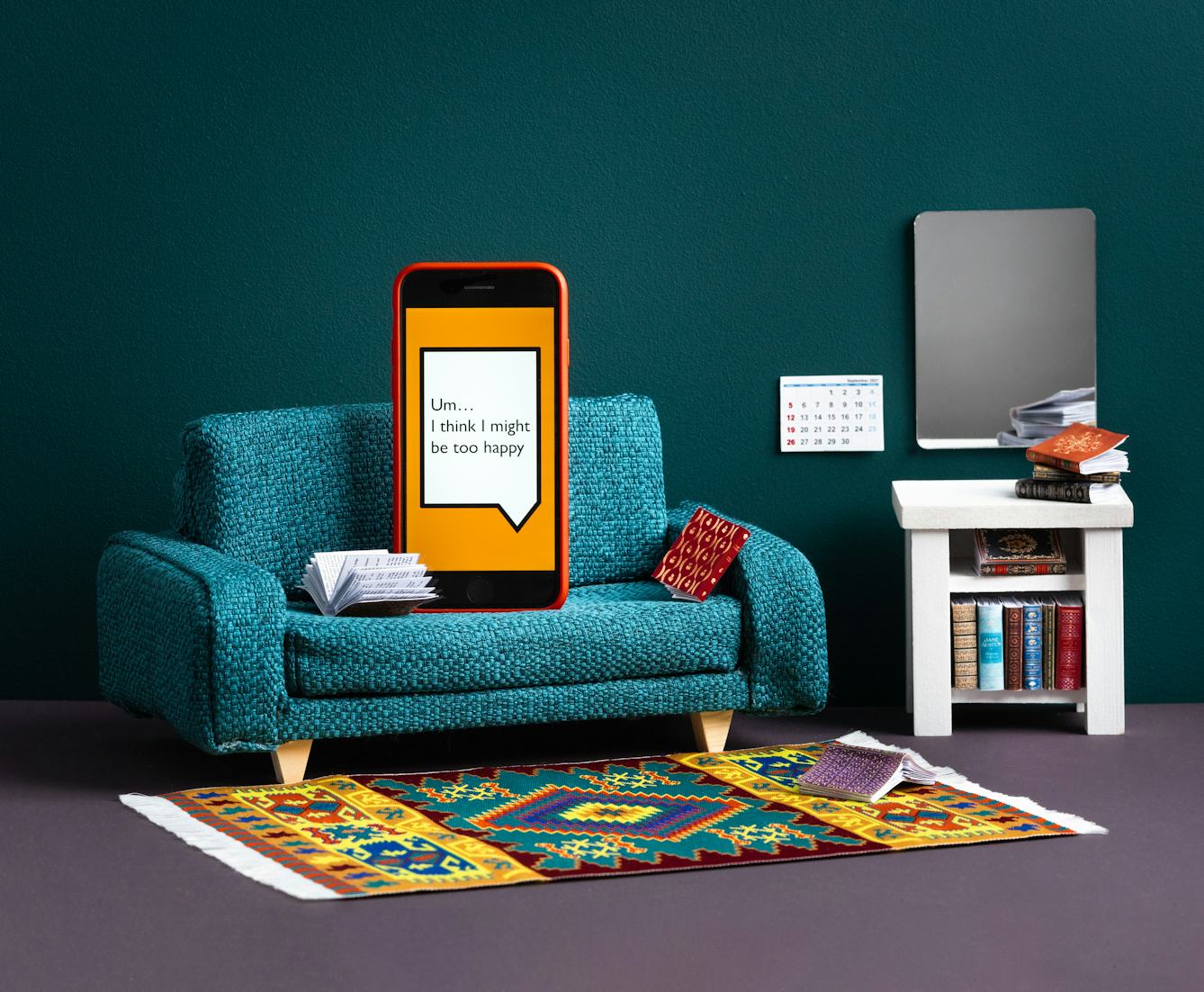
- Book extract
- Book extract
Solving the mystery of how to be happy
Crime writer Sophie Hannah thinks she might be too happy. Worried she’s using her happiness as an excuse to avoid a big work problem, she turns to a life coach for help.
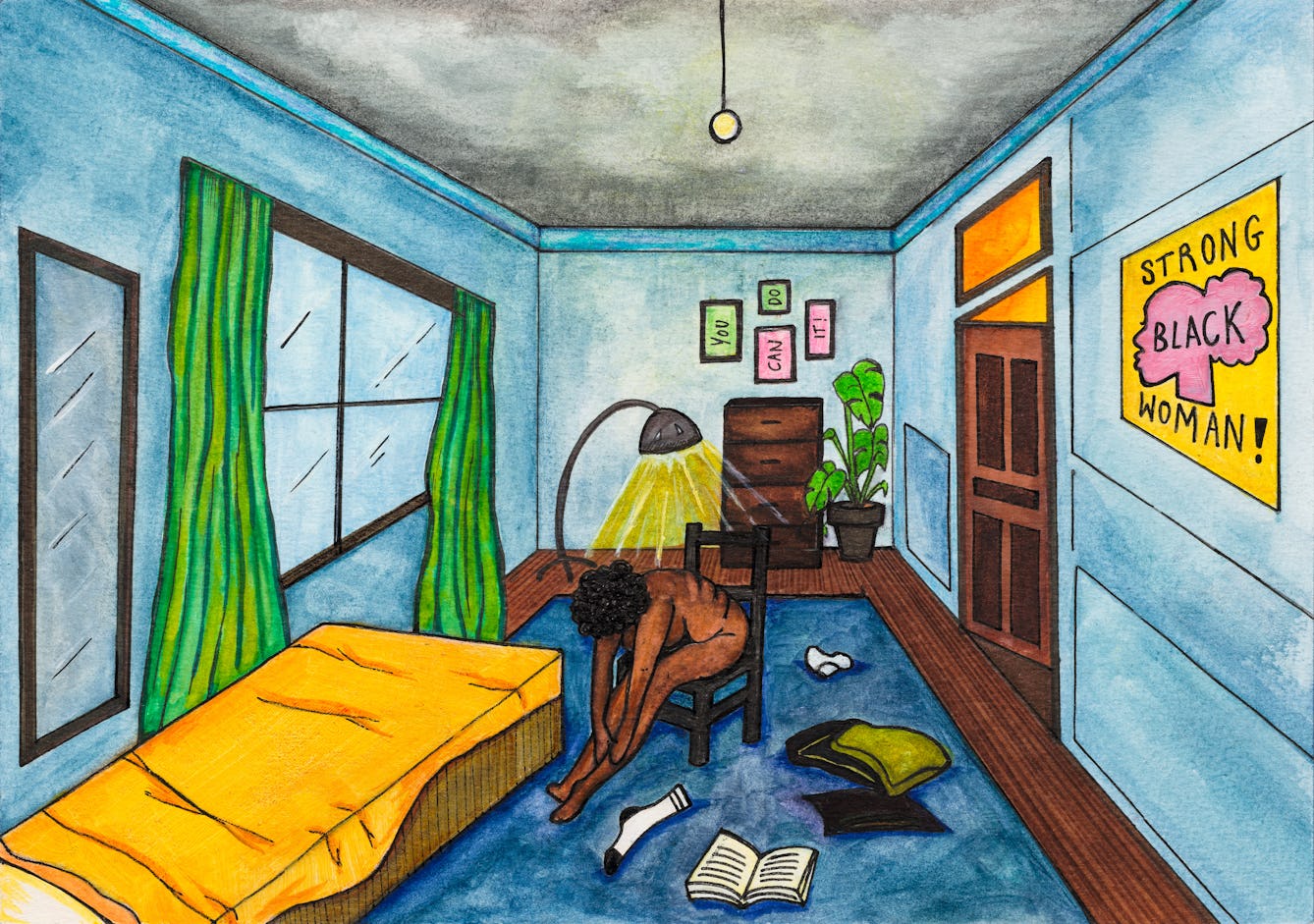
- Article
- Article
Don’t call me a strong Black woman
Her upbringing taught Jaydee Seaforth that she could never show pain or weakness, even when her internal distress was extreme. Find out how she learned to listen to her body.

- Long read
- Long read
Healthy scepticism
Healthcare sceptics – like those opposed to Covid-19 vaccinations – often have serious, nuanced reasons for doubting medical authorities.
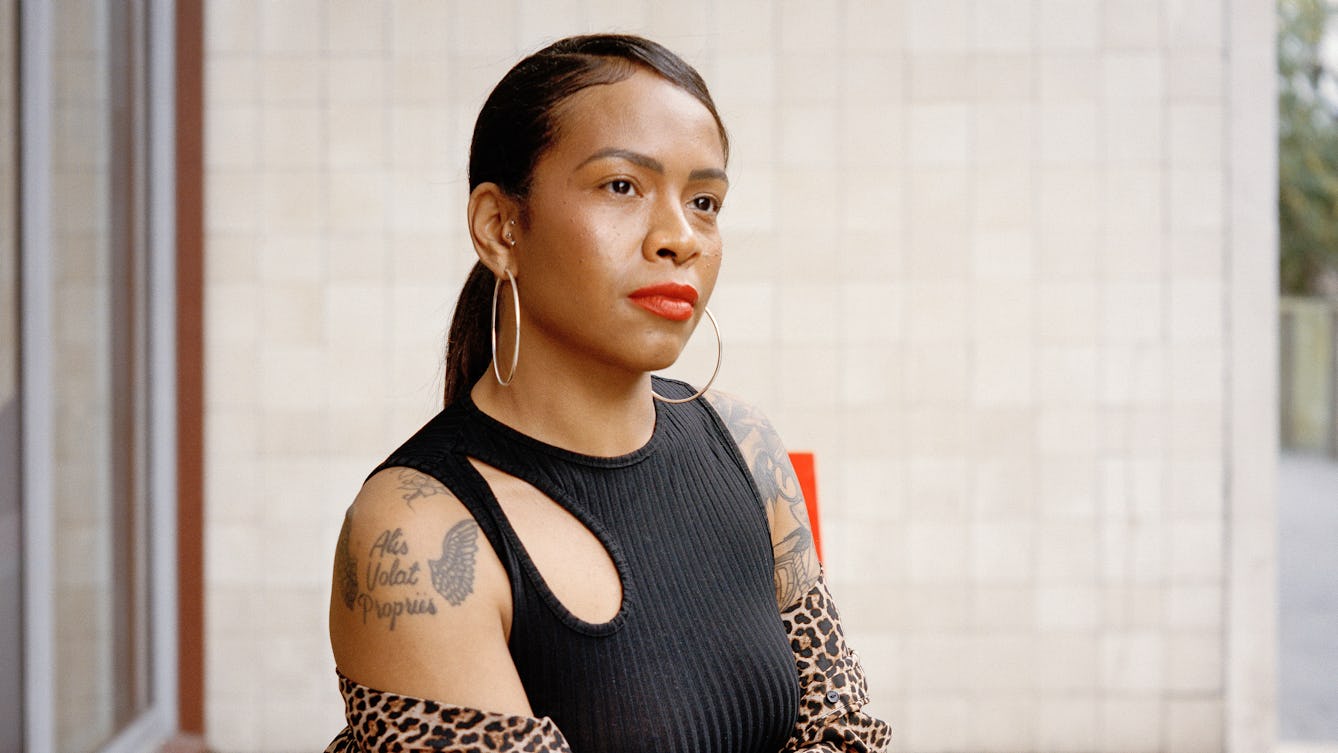
- Photo story
- Photo story
’No you’re not’ – a portrait of autistic women
In this sensitive series of portraits and interviews, photographer Rosie Barnes acknowledges the voices and experiences of autistic women.

- Article
- Article
Dementia playlists and musical memory
Listening to the right music can provide both solace and pleasure for someone with dementia, helping them to reconnect with the world around them. Grace Meadows makes the case for more music in dementia care.

- In pictures
- In pictures
Pum Dunbar’s living lessons
Read the ‘legends’ that give insight into Pum Dunbar’s creative process while producing her recent series of collages.

- Article
- Article
Caring for our Disabled daughter in lockdown
Jane Holmes talks about the challenges of caring for her Disabled daughter while working and trying to stay safe during the pandemic.

- Article
- Article
Writing back to authority
As she cuts up old doctors’ letters and uses them to compose absurd poems, Caroline Butterwick reflects on the catharsis of creation and proposes writing as a way to take back control.

- Article
- Article
Dancing for joy
Dancing is a mood enhancer, it increases social bonding and it improves creativity. Maybe you really can dance all your troubles away.

- Article
- Article
When depression is worse than physical illness
Chronic physical illnesses can be accompanied by troubling depressive symptoms. Elly Aylwin-Foster urges doctors to treat every aspect of her condition with the same care.

- Article
- Article
The unearthly children of science fiction’s Cold War
In the 1950s a new figure emerged in British novels, film and television: a disturbing young alien that revealed postwar society’s fear of the unruly power of teenagers.
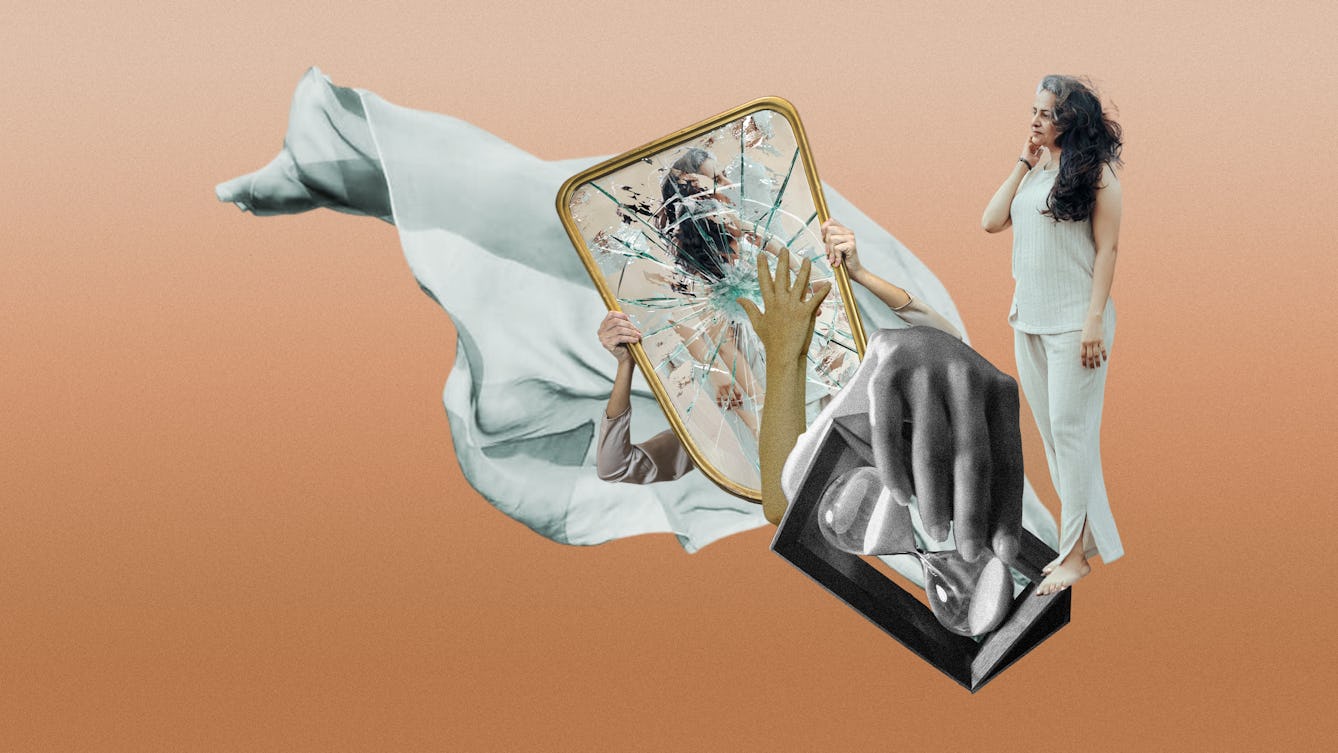
- Article
- Article
Invisibility
Why do menopausal women feel invisible? Because nobody talks about menopause or because society doesn't value older women?